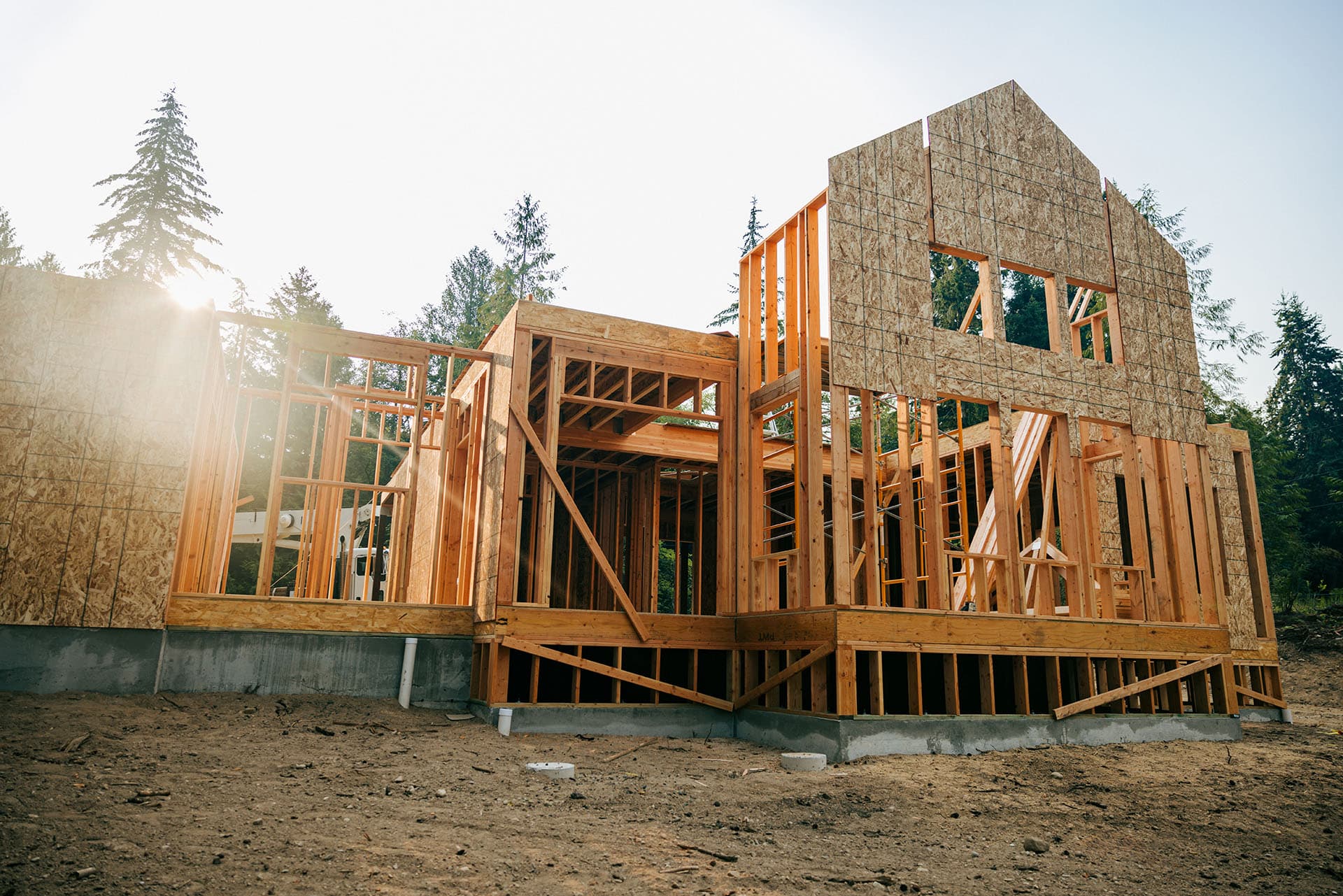In September 2020, the city of Toronto introduced a proposal for Inclusionary Zoning (IZ) in new developments. The city says it will assist in bringing more affordable housing units to market. While everyone agrees that bringing more affordable housing to our communities is needed; studies have shown that IZ is not the most effective means, nor the fairest.
IZ will bring some affordable units to market, while eroding the general affordability of other units within developments. This only further exacerbates the issue with housing supply if projects are deemed no longer feasible or delayed due to the additional costs involved with IZ, or reduced in size to fit below the size threshold for IZ (100 or 140 units in the city of Toronto, depending on the site’s location).
It is a policy where the responsibility of providing affordable housing is shifted from the government (and taxpayers), onto a narrow segment of society – including home buyers. You may be concerned about the impact of IZ on your developments or your client’s projects, so we’ve created an FAQ of some of the questions our clients ask us.
Frequently asked questions
What is inclusionary zoning?
Toronto’s proposed inclusionary zoning policy directs developers to ensure that 3-10% of the total residential gross floor area (GFA) of your developments and projects in certain locations must be designated as affordable housing for a defined period of time (to be determined). The city’s Planning and Housing Committee is also exploring going as high as 30% of total GFA.
What are affordable rents, mid-range rents, and affordable ownership”?
The Canadian Mortgage and Housing Corporation (CMHC) describes affordable housing as “…costing less than 30% of a household’s before-tax income.” (Taking into consideration differences in average incomes in different regions). This includes subsidized rental units as well as other types of rental, owned, or co-op housing, including temporary and permanent. This housing can also be private, public, or non-profit.
The 2020 Ontario Provincial Policy Statement defines affordable housing as follows:
a) in the case of ownership housing, the least expensive of:
housing for which the purchase price results in annual accommodation costs which do not exceed 30 percent of gross annual household income for low and moderate-income households; or
housing for which the purchase price is at least 10 percent below the average purchase price of a resale unit in the regional market area;
b) in the case of rental housing, the least expensive of:
a unit for which the rent does not exceed 30 percent of gross annual household income for low and-moderate income households; or
a unit for which the rent is at or below the average market rent of a unit in the regional market area.
Some municipalities (such as the city of Toronto) have their own definitions of affordable ownership and/or affordable rental housing.
Does the Toronto inclusionary zoning amendment apply to my existing projects?
If you file a complete rezoning, site plan, minor variance, or building permit application before January 1, 2022, that project is not subject to IZ requirements.
Can this funding be used to cover operational expenses?
The areas of Toronto that will be affected are key Protected Major Transit Station Areas (PMTSAs) in strong or moderate real estate market areas.
PMTSAs are specific areas surrounding higher-order transit stations where the city has identified minimum densities, minimum residents and jobs per hectare, and permitted uses. They are usually within 500 to 800m of subway, light rail or bus stations on dedicated rights-of-way.
To date, there are approximately 180 major transit stations across Toronto, but PMTSA stations have not yet been confirmed. That means that the areas with the potential for Inclusionary Zoning are also not yet known.
Does inclusionary zoning impact all of Toronto the same? Are any regions exempt from it?
Neighbourhoods that are not as in-demand for development are exempt. These are considered “weaker” market areas.
Inclusionary Zoning (IZ) focuses on strong and moderate market areas, which are communities that have experienced the greatest increase in new housing supply and rental prices. Strong and moderate areas tend to have a high number of households paying 50% or more of their incomes towards rent.
Under Ontario’s Bill 108, More Homes, More Choice Act, Toronto must limit IZ to protected major transit station areas (PMTSAs), or areas where a community planning permit system has been required by the Minister of Municipal Affairs and Housing.
Depending on the area, there will be size thresholds to determine the specified percentage you will need to contribute to affordable housing.
How can I provide input to the city on inclusionary zoning?
To provide input on the current draft of the Toronto Inclusionary Zoning policy and sign-up for email updates, visit the city’s policy overview page.
How can I ensure I’m in compliance?
The city will review your development application to ensure it complies and will provide feedback for your review. Altus’ professional services consultants can also help you ensure the balance of compliance and feasibility before you submit your application, or during the review process.
How will inclusionary zoning impact my pro forma?
Your pro forma will change, depending on the way that the requirements affect the location of your development.
How will my development’s property tax be affected by inclusionary zoning?
Your development’s property tax could be affected, but may not be. Zoning status is one of the factors that affects the price that businesses, home-buyers, and renters are willing to pay in that area, i.e., the market valuation. And since the market also affects the assessed value, there could be a shift. This is not always the case, but you may want to explore an appeal of your assessment.
Altus Group’s professional services consultants can assist you with tax advisory and appeals of MPAC’s valuation and the city’s tax assessment.
How will inclusionary zoning affect MPAC’s assessment during development?
The Municipal Property Assessment Corporation (MPAC)’s valuations are based on a property’s current, potential, and approved use. MPAC does not always integrate the different stages, uses and demands of a property into their valuations however, which could result in your development being over-assessed.
Altus Group’s professional services consultants can assist you with tax advisory and appeals of MPAC’s valuation and the city’s tax assessment.
Do assessment authorities consider the impact of inclusionary zoning on completed developments?
The city and MPAC may not recognize the impact of Inclusionary Zoning (IZ) on the market’s view of your existing developments. In addition, Ontario has restrictions on the way a development can be assessed, and both of these factors may result in an MPAC over-valuation or higher tax assessment.
If you feel that your completed development has been inaccurately assessed, Altus Group’s professional services consultants can assist you with appeals of MPAC’s valuation and the city’s tax assessment.
Do assessment authorities consider the impact of inclusionary zoning on completed developments?
The city and MPAC may not recognize the impact of Inclusionary Zoning (IZ) on the market’s view of your existing developments. In addition, Ontario has restrictions on the way a development can be assessed, and both of these factors may result in an MPAC over-valuation or higher tax assessment.
If you feel that your completed development has been inaccurately assessed, Altus Group’s professional services consultants can assist you with appeals of MPAC’s valuation and the city’s tax assessment.
Where can I get more information on inclusionary zoning?
You can review all the steps and information available to date, including consultation done during the policy’s development stage on the city of Toronto’s Inclusionary Zoning Policy Consultations page.
As well, Altus Group will update this FAQ post on an ongoing basis, so check back often, and reach out if you have questions that aren’t covered here.
Author

Altus Group
Author

Altus Group
Resources
Latest insights





Jul 22, 2025
EP4 - Modular, faster, smarter: How SAMI is redefining residential construction


